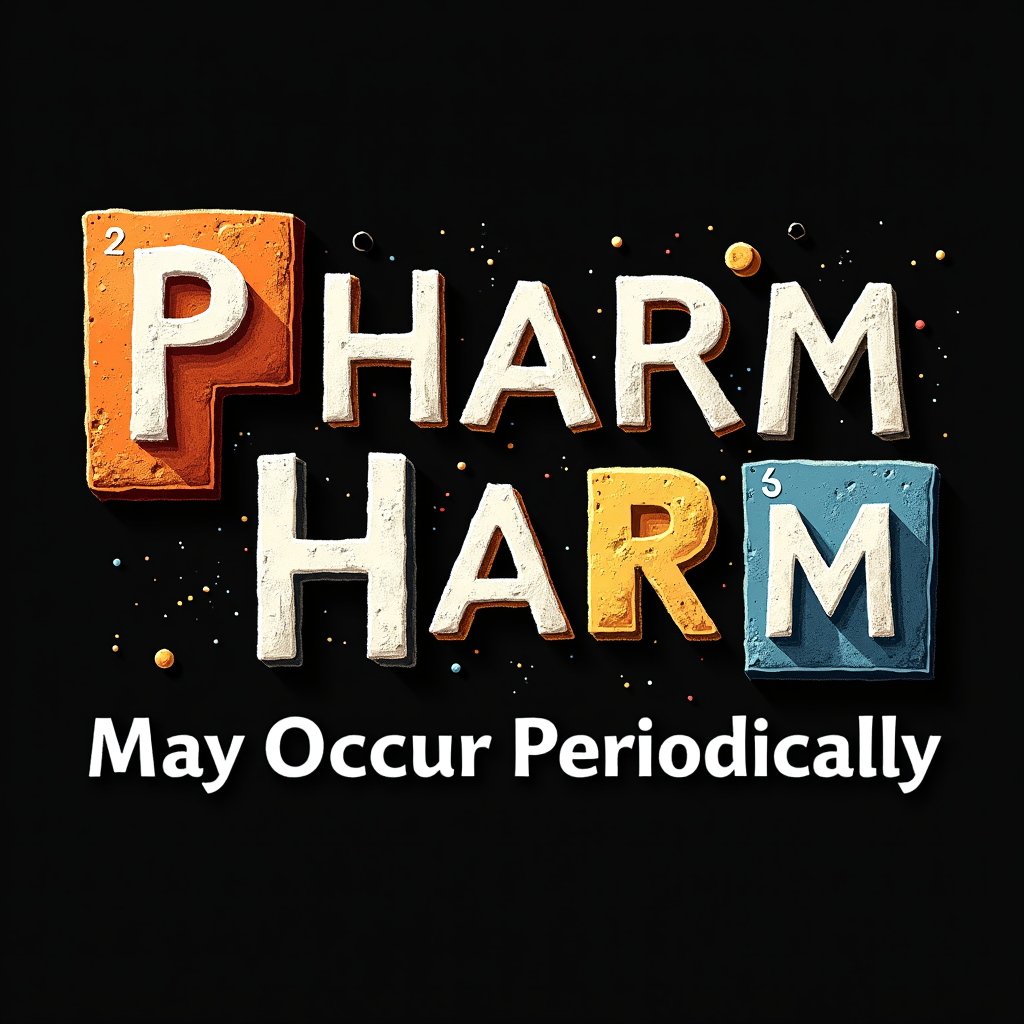That phrase — it rings loud in my ears.
Where have I heard it before?
Ah yes, the Monsanto days.

Back when the internet was just waking up and companies could no longer hide behind manufactured truths. Through the Freedom of Information Act, lawsuits, and unrelenting truth-seekers, the truth finally broke through: Monsanto had orchestrated a campaign to discredit, gaslight, and confuse. They paid PR firms. They bought domains. They infiltrated comment sections and told the world that glyphosate was “as safe as table salt.”
But then came the cracks — the day a spokesperson refused to drink the very product they claimed was harmless.
The charade couldn’t hold forever.
Déjà Vu: A Familiar Playbook
Now, we’re watching it happen again — this time, with antidepressants.
If there were a database of the lives lost, families broken, and souls numbed by SSRIs and SNRIs, it would make your stomach turn. If you’re reading this, you might already know the damage: confusion, detachment, relationship collapse, infidelity, divorce, emotional flatlining, even suicide. Not because people were “mentally ill” — but because of drug-induced symptoms no one warned us about.
Big Pharma told a lie.
They said: “Depression is caused by a chemical imbalance in the brain.”
And we believed it — because doctors said it. Because it was everywhere.
How Did They Get Away With It?
Anytime a respected doctor spoke out, the machine moved in to silence them.
Credibility destroyed. Careers derailed. The narrative controlled.
So we kept trusting.
We kept taking the pills.
We kept handing them to our loved ones — assuming the doctors knew best.
And we didn’t listen to the 3-minute side effect list in the commercials.
We didn’t read the 30-page warning pamphlets.
We didn’t know about black box warnings — or that our loved ones were being chemically altered.
It Happened to Me
I watched someone I loved change.
Little things at first — flatness, distance, irritation. Then bigger things — disconnection, blame, emotional abandonment. And I didn’t understand. I didn’t connect the dots.
I picked up the refills. I never asked questions.
I didn’t know this medication could alter their empathy, their sexuality, their sleep, their self.
I didn’t know that what I was witnessing was not them — but the drug-induced version of them.
Antidepressants Follow a Pattern
Specifically, SSRIs and SNRIs.
They hijack the brain by manipulating serotonin — a chemical responsible for thoughts, memory, decision-making, emotions, perception, even digestion.
At a “therapeutic dose,” these drugs occupy more than 80% of serotonin receptors.
That’s not a gentle nudge. That’s total control. And the thing is — doctors don’t know whether serotonin is being increased, decreased, or just scrambled. They’re guessing.
So they add more drugs to balance the effects of the first one — a “cocktail.”
Sometimes it helps temporarily. But for many, the symptoms return — or get worse.
The Cycle of Emotional Disintegration
You start taking it for anxiety. But now you’re more anxious. Or numb. Or angry.
You’re confused, restless, short-tempered.
You start to feel disconnected from your partner — maybe even resent them.
You question everything: your job, your life, your marriage.
Maybe you drink more. You sleep less.
Maybe you cheat. Maybe you leave.
Maybe you say, “I haven’t been happy in years.”
Meanwhile, your unmedicated partner is left reeling — wondering what happened, why nothing makes sense, why the person they love seems unreachable.
Spellbound by the Drug
We’ve seen it again and again.
The same emotional changes. The same patterns. The same heartbreak.
We call it being spellbound — chemically spellbound.
Because it truly feels like the person is under a spell.
They’re not heartless — they’re neurologically numbed.
They don’t lack empathy — their receptors are blocked.
They’re not cold — they’re emotionally flattened.
Finding the Pattern, Finding the Truth
Over the last 6 months, I’ve learned that I’m not alone.
Hundreds of thousands are connecting the dots — not just about the suffering, but about the cause.
We started a group. Spouses. Partners. Some medicated, some not.
All of us seeing the pattern. All of us validating each other’s pain.
All of us asking: How did we not know?
What Happens Next?
For many, recovery only starts when the medication ends.
Not cold turkey — that’s dangerous. But with a slow, hyperbolic taper that gives the brain time to adjust.
Some say: “I wasn’t living. I don’t know who I was on that drug.”
Others admit: “I hurt people I loved and I didn’t even see it happening.”
It takes time. It takes courage. It takes community.
The Bigger Questions
Why did the FDA approve these drugs without long-term studies?
Why are psychiatrists still denying the connection between these drugs and emotional collapse?
Why do loved ones figure this out before doctors do?
It doesn’t make sense.
But it’s happening.
And we’re waking up.
What You Can Do
- Start asking questions.
- Read the side effects.
- Join the conversations.
- Support those trying to heal.
Because this isn’t just about depression.
It’s about deception.
It’s about a generation of people altered, abandoned, and blamed for something they didn’t choose.
There are over 200,000 people searching for answers.
You are not alone.
And this story? It’s only just beginning.
